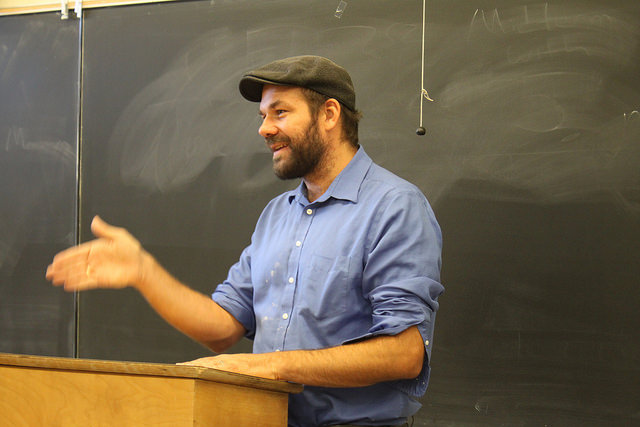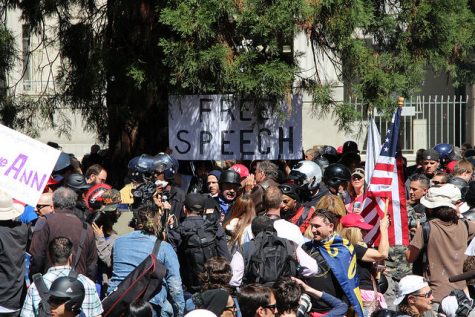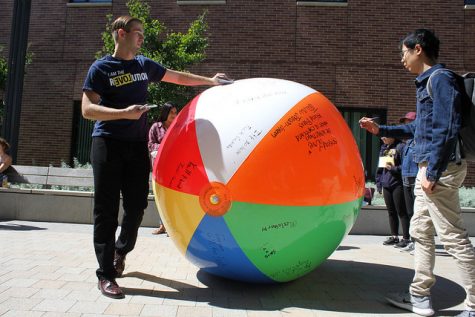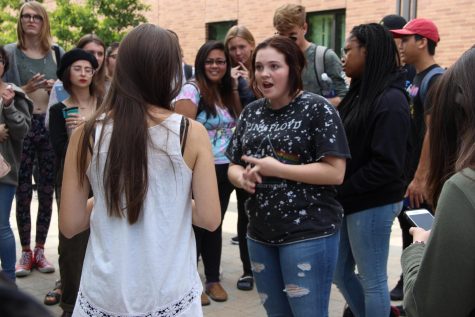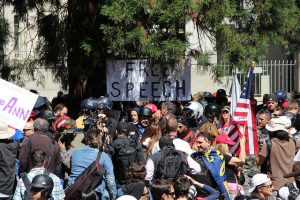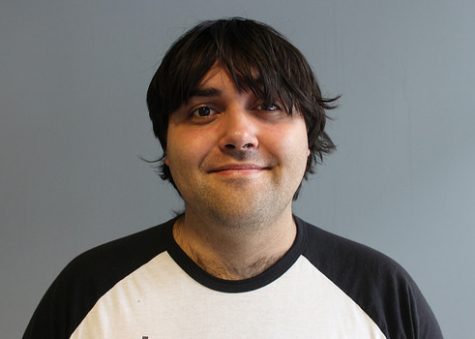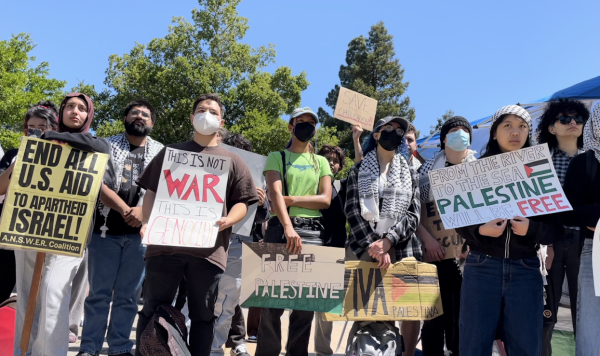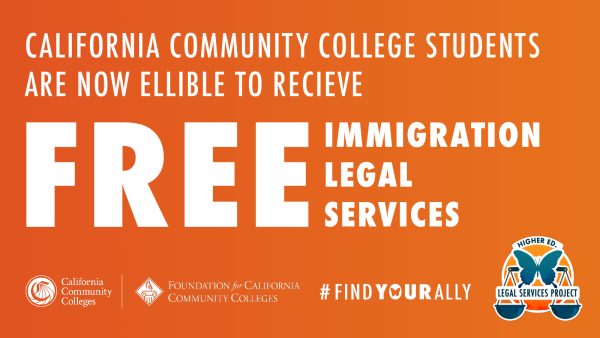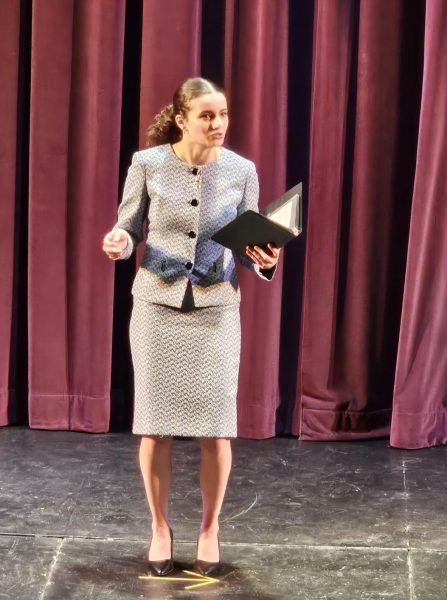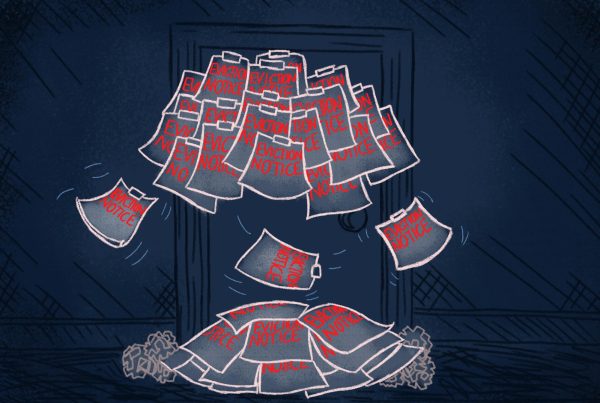Faculty members curb own speech to give students more freedom
Adam Bessie teaching his graphic novels as literature course at DVC.
October 10, 2017
Freedom of speech is one of those topics that seems to constantly be brought up, whether it is through media, politics or even social discourse on campus.
Faculty members have a fine line to ride when discussing their opinions on any given topic.
When asked about faculty giving their opinion to students involving personal politics in the classroom, English professor Adam Bessie at Diablo Valley College said, “If I gave a firm opinion on an issue it’s like clotting, stopping an issue in its place.”
Bessie explained that if students knew his opinion then he feared they would write to his views for a better grade instead of exploring new ideas and emulating organically.
To Bessie, his freedom of speech is not limited by potential student reactions or a need to be politically correct, but how he is “forwarding the learning of their students.”
John Freytag, an oceanography and biological science professor at DVC said, “I always tell my students that I will not get into politics in my classroom.”
Freytag’s approach to dealing with his opinion on topics, is allowing the students to feel welcome by omitting them unless asked, “I would not want, for example, a student to feel that they cannot speak up in my classroom because they feel that they might not agree with me on a certain topic.”
“I try to always present the data and the facts around a topic and leave my opinion out of it. If I am asked directly for my opinion, I will provide it.”
Some classes that cover politics however would require discussion of politics and views of various beliefs.
Political science professor Albert Ponce said he believes, “people are just engaged at a level of opinion, rather than a level of fact-based actual formulation of different ideas.”
When dealing with controversial subject matter Ponce uses a “fact-based model” as opposed to an “opinion-based model,” encouraging critical thinking instead of building up preconceived ideas.
“To engage them in the classroom, that’s our everyday task.”
DVC interim-President Ted Wieden said, “they (faculty) are not allowed to use their personal beliefs as the class material.”
Wieden says that according to the board policies on academic freedom faculty members are still citizens and when they speak or write as citizens they shouldn’t be subjected to the policies of the institutions they work at.
“Faculty have great degree of latitude in how they approach covering that material. The examples that they use can different from one faculty to another.”
Wieden explained how he would discuss his opinion when he was a teacher, “When someone asked my opinion, what I did was, I would move out and sit down in the classroom right with the students and give my opinion because my opinion is no better than anybody else’s opinion.”
Contra Costa College Chancellor Fred Wood mentioned that when he was attending DVC as a student there wasn’t as much polarization with students views. Students were encouraged to train themselves to see the other side, and in Wood’s opinion the greatest growth occurred when students were provided “a balanced perspective.”
“I thought I owed the students the opportunity to learn that material and focused on it.”
Though it is not wrong for faculty to discuss their beliefs, they still represent whatever administration they are working for.
Wood understands that his freedom of speech does have repercussions so whenever, “students might ask me my opinion about something that was going on out there somewhere, but I would always say you asked me, my opinion. And I would share that and be sure that I wasn’t speaking for the president or speaking for anyone else in the department.”
Social science professor at DVC Scott MacDougall said, “The government cannot restrict speech. Private individuals and private businesses can restrict speech.”
MacDougall said because DVC is a public campus they are required to adhere to the same laws as the government when it comes to free speech. Private businesses and private individuals, however, can limit discourse.
The main issue that comes from free speech isn’t so much that faculty can’t utilize it, it’s that they have to weigh the consequences that could befall their actions and have good judgement and context for bringing up their views.
While context is important when discussing beliefs to students, ultimately faculty like professor Bessie believe, “whatever the professor is doing in the class really needs to forward student learning.”
This news feature represents part two of the Inquirer’s multi-part series covering free speech on public campuses. Contributions to this article were made by Kayla Rojas and Mahrukh Siddiqui.





































































